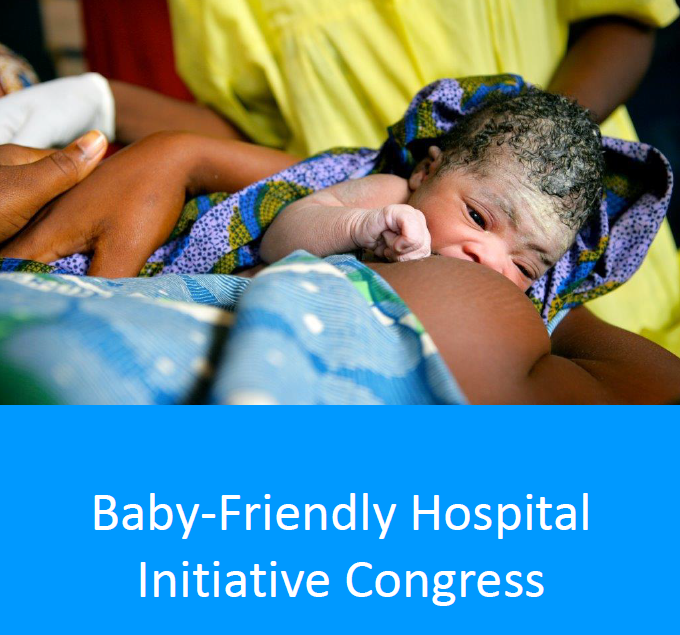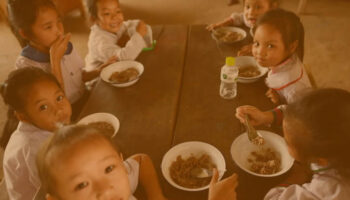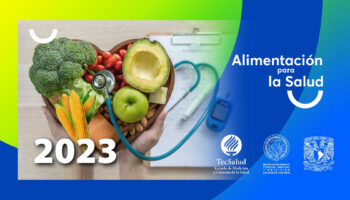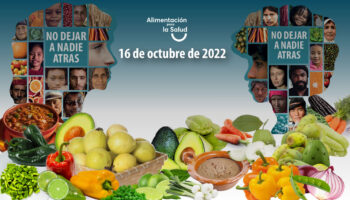World Health Organization Headquarters
More than 300 people attended the Baby-friendly Hospital Initiative (BFHI) Congress which took place from 24 to 26 October made up of over 130 government delegates, over 20 development partners (NGOs, international professional associations and donors) and a number of technical professionals from UNICEF and WHO country, regional and headquarter offices. These met to discuss and share successes as well as lessons learned from the implementation of the BFHI. They worked to help shape the operational guidance for future implementation of the Initiative.
High-level officials of WHO and UNICEF welcomed all participants and opened the Congress. The objectives of the BFHI Congress were then presented:
- Celebrate achievements in improving quality of care for breastfeeding mothers.
- Examine the current status of the Baby-friendly Hospital Initiative.
- Discuss new guidance on country implementation of the Ten Steps for Successful Breastfeeding .
- Form or strengthen regional networks to improve country programmes for maternity facilities.
Four mothers from Australia, Cameroon, Ecuador, and Switzerland shared their own personal experience, the kind of support they received and how this allowed them to feel confident to breastfeed. Representatives of six countries (Bolivia, China, Ireland, Kenya, Kuwait and USA) presented their case studies reflecting their journey in the implementation of BFHI, the current status, lessons learned, challenges and recommendations. In addition, experts presented the latest science on breastfeeding, the number of lives that could be saved, the economic impact, the long term health benefits and the need for strong political commitment to raise exclusive breastfeeding rates under the framework of the Global Nutrition Targets for 2025, the Sustainable Development Goals and the broader Maternal, Newborn, Child and Adolescent health context.
The majority of the Congress was dedicated to discussion of the updated guidance on protection, promotion and support of breastfeeding in maternity facilities. Over the course of the Congress, representatives of the External Review Group, which supports the drafting of this guidance, BFHI Congress, October 2016 presented key content on the expectations of each maternity facility, incorporation of BFHI practices into national standards of care, capacity strengthening, external assessment processes, funding, incentives for facilities, scale-up strategies, and national organization of the Initiative. Following each speaker, working groups operating in different languages (Arabic, English, Portuguese, Russian and Spanish) discussed the key issues from the guidance and brought their suggestions back to the plenary for synthesis. Key messages developed from the working groups included:
Breastfeeding must be treated as the norm in all countries
• BFHI should be mainstreamed as much as possible into other programmes, initiatives, policies
• Advocacy for BFHI must be increased at the global and national levels
• BFHI should cover both healthy and preterm/LBW newborns
• BFHI should cover public and private facilities, not just public facilities
• The Code should remain a strong part and parcel of the BFHI
• Global BFHI guidance should recognize different country contexts
• There are challenges to operationalizing all these issues
Participants had numerous other opportunities for learning and networking. Regional groupings of countries met twice during the Congress to enable cooperation among countries and commit to supporting implementation and follow up after the BFHI Congress. An evening reception, breaks and lunches allowed participants to interact informally. Thirty countries presented posters on BFHI implementation, compliance with the Code, certification processes and contextual adaptations.







